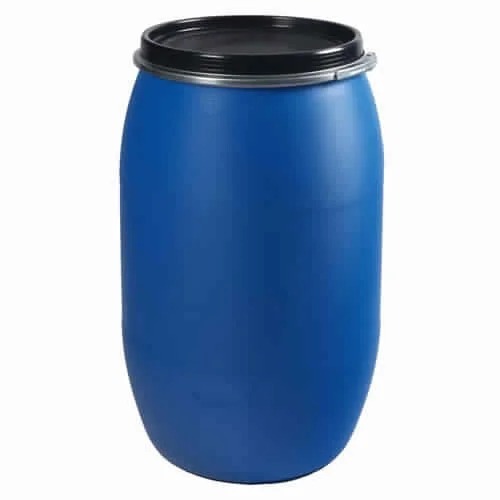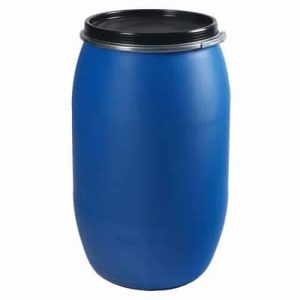Product Details
Formalin (Formaldehyde) 200Ltr Drum
Formalin, commonly known as formaldehyde when in its gaseous form, stands as a pivotal chemical compound with a wide array of applications across numerous industries. Despite its reputation as a potent preservative and disinfectant, formalin plays a crucial role in various sectors, including healthcare, manufacturing, and research. Let’s delve into the intricacies of formalin, unraveling its benefits and the diverse ways it contributes to different fields.
Description
Formalin (Formaldehyde): Exploring Its Benefits and Applications
Formalin, commonly known as formaldehyde when in its gaseous form, stands as a pivotal chemical compound with a wide array of applications across numerous industries. Despite its reputation as a potent preservative and disinfectant, formalin plays a crucial role in various sectors, including healthcare, manufacturing, and research. Let’s delve into the intricacies of formalin, unraveling its benefits and the diverse ways it contributes to different fields.
Chemical Composition and Properties:
Formalin, represented by the chemical formula CH₂O, is an aqueous solution of formaldehyde gas. It typically contains approximately 37% formaldehyde by weight, with the remainder composed of water and trace amounts of methanol as a stabilizer. Formalin solutions are clear, colorless liquids with a pungent odor and strong disinfectant properties. It is highly soluble in water and readily reacts with various organic and inorganic compounds.
Applications and Benefits:
- Disinfection and Sterilization: Formalin serves as a potent disinfectant and sterilizing agent in healthcare facilities, laboratories, and industrial settings. Its antimicrobial properties make it effective against bacteria, viruses, fungi, and spores. Formalin solutions are utilized for surface disinfection, equipment sterilization, and preservation of biological specimens. They help prevent the spread of infectious diseases and maintain a sterile environment in healthcare facilities and research laboratories.
- Tissue Fixation in Histology: In histology and pathology laboratories, formalin is used as a tissue fixative for preserving biological specimens for microscopic examination. Formalin fixation helps maintain cellular structure, prevent degradation, and stabilize biomolecules such as proteins and nucleic acids. Formalin-fixed tissues are embedded in paraffin wax and sectioned for histological analysis, aiding in disease diagnosis and research studies.
- Manufacturing and Industrial Processes: Formalin finds applications in various manufacturing and industrial processes, including the production of resins, adhesives, plastics, and coatings. It serves as a key raw material in the synthesis of urea-formaldehyde resins, phenol-formaldehyde resins, and melamine-formaldehyde resins. Formalin-based resins are utilized in wood products, laminates, textiles, and construction materials for their adhesive strength, durability, and moisture resistance.
- Textile and Leather Industry: In the textile and leather industries, formalin is employed as a preservative and finisher for fabrics and leather goods. It helps prevent microbial growth, mold formation, and deterioration during storage and transportation. Formalin-based treatments impart crease resistance, wrinkle resistance, and color fastness to textiles, enhancing their appearance and performance. In leather tanning, formalin solutions aid in the preservation and softening of hides and skins.
- Agricultural and Horticultural Applications: Formalin is utilized in agriculture and horticulture for soil fumigation, seed disinfection, and pest control. It helps sterilize soil, eliminate pathogens, and control nematodes, fungi, and weed seeds. Formalin treatments improve seed germination, plant growth, and crop yield, particularly in greenhouse and nursery operations. However, its use in agriculture is increasingly restricted due to environmental and health concerns.
- Research and Laboratory Applications: Formalin is indispensable in research laboratories for various applications, including protein cross-linking, RNA/DNA stabilization, and cell fixation. Formalin-fixed cell cultures and tissues are utilized in molecular biology, immunohistochemistry, and cell biology experiments. Formalin is also employed in animal experimentation for euthanasia and tissue preservation in biomedical research studies.
Conclusion:
In conclusion, formalin emerges as a versatile and indispensable chemical compound with a multitude of applications and benefits across diverse industries. From its role as a disinfectant and tissue fixative in healthcare and research to its contributions in manufacturing, textiles, and agriculture, formalin plays a vital role in enhancing product quality, safety, and performance. As industries continue to innovate and address evolving challenges, the responsible use of formalin in accordance with regulatory guidelines is crucial to maximizing its benefits while minimizing potential risks to human health and the environment.





Reviews
There are no reviews yet.